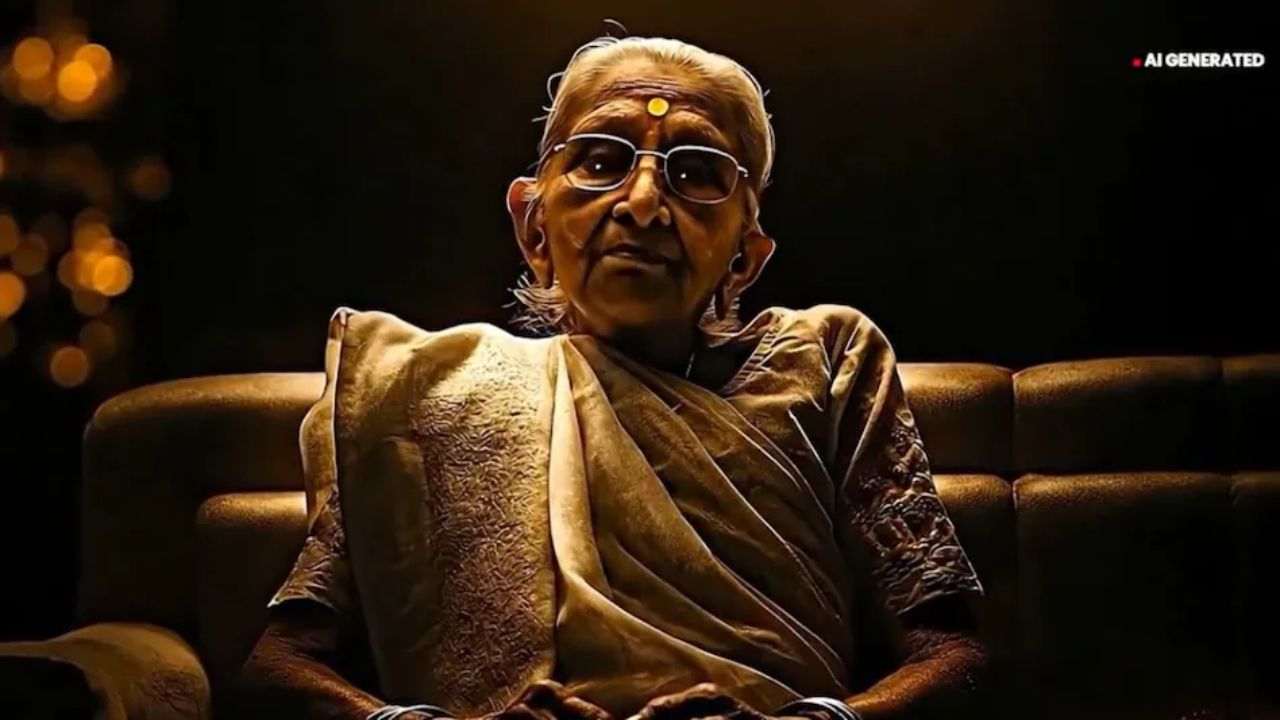In a significant ruling that highlights the growing concerns over artificial intelligence in politics, the Patna High Court has directed the Congress party to immediately remove a controversial AI-generated video of Prime Minister Narendra Modi and his late mother, Heeraben Modi, from all social media platforms. The court observed that the use of AI technology to create such content was misleading, potentially damaging to public perception, and an unethical practice in political campaigning.
The Case and Its Implications
The matter came to the court’s attention after multiple complaints were filed against the video, which depicted fabricated visuals of the Prime Minister and his mother. The petitioners argued that the video was not only defamatory but also violated the dignity of the Prime Minister and the sanctity of family relations. The High Court sided with this argument, stating that AI-generated deepfake videos, when used in politics, can manipulate voters and erode the integrity of democratic discourse.
Political Backlash and Reactions
The order has triggered a heated political exchange. Leaders from the ruling Bharatiya Janata Party (BJP) welcomed the decision, calling it a necessary step to curb misinformation in the digital age. They argued that AI deepfakes have the potential to dangerously alter public opinion during election periods. On the other hand, Congress leaders maintained that the video was part of their campaign material and claimed that the issue was being exaggerated for political gain. However, the court’s order leaves little room for ambiguity, demanding compliance within a strict timeline.
The Growing Threat of Deepfakes in Indian Politics
This case has brought renewed attention to the dangers of deepfake technology in India’s political space. Experts warn that the rapid advancement of AI tools has made it easier than ever to create realistic but fake videos. If left unchecked, these could become a powerful weapon for disinformation during elections. The incident also raises broader questions about accountability—whether political parties should face legal consequences for distributing manipulated content and how regulators can keep pace with fast-evolving technology.
Looking Ahead: Legal and Ethical Standards
The High Court’s intervention sets a strong precedent in India’s legal landscape, signaling zero tolerance for the misuse of AI in politics. It may also pave the way for clearer guidelines from the Election Commission of India and other regulatory bodies on the permissible use of AI in campaigning. The ruling underscores the urgent need for a framework that balances freedom of expression with protection against manipulation, ensuring that India’s democratic processes remain fair and transparent.
Conclusion
The Patna High Court’s directive against the Congress party is more than a one-off legal ruling—it is a wake-up call about the disruptive potential of artificial intelligence in politics. As India moves closer to crucial elections, the issue of deepfake videos and AI-generated content is likely to dominate debates on electoral integrity. For now, the immediate message is clear: the misuse of AI in political campaigns will not be tolerated.









